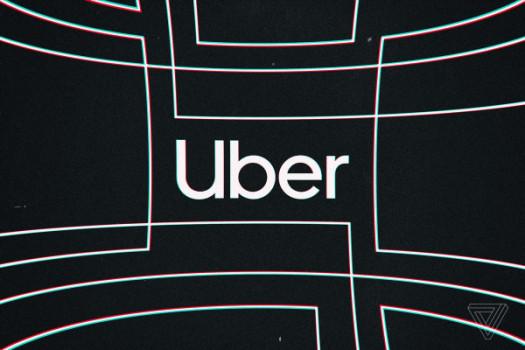
Wheelchair users are incurring ‘wait time’ fees to board an Uber vehicle

Uber discriminates against people with disabilities by charging them a “wait time” fee while entering the vehicle, according to a new lawsuit filed by the US Justice Department against the ride-hailing company.
These extra fees have “harmed many passengers and potential passengers with disabilities throughout the country,” some of whom may be entitled to monetary damages, the department said. The lawsuit, which was filed in the US District Court for Northern California, alleges that Uber is in violation of Title III of the Americans with Disabilities Act (ADA), which prohibits discrimination by private transportation companies.
Passengers would incur the fee two minutes after their Uber car arrives at their pickup location
According to the Justice Department, Uber instituted a wait time fee in a number of cities starting in April 2016, eventually expanding the policy nationwide. Passengers would incur the fee two minutes after their Uber car arrives at their pickup location and were charged until the car begins its trip. Passengers with disabilities, such as those who use a wheelchair or a walker, often need more time to get into the car than passengers without disabilities.
“People with disabilities deserve equal access to all areas of community life, including the private transportation services provided by companies like Uber,” said Assistant Attorney General Kristen Clarke for the Justice Department’s Civil Rights Division in a statement. Clarke said the goal of the lawsuit is to send a “powerful message that Uber cannot penalize passengers with disabilities simply because they need more time to get into a car.”
Matt Kallman, a spokesperson for Uber, called the lawsuit “surprising and confusing” in light of Uber’s desire to work with the Justice Department to address confusion around its wait time fees.
“We fundamentally disagree that our policies violate the ADA and will keep improving our products to support everyone’s ability to easily move around their communities,” Kallman said.
Kallman said it was Uber’s policy to refund wait time fees for disabled riders whenever they alerted the company that they were charged. And Uber changed its policies recently so that any rider “who certifies they are disabled” will have fees automatically waived, Kallman said.
Despite these changes, Uber has a fairly abysmal record when it comes to serving its passengers with disabilities. The company was sued by disability advocates in 2017, in which it was accused of denying equal access to people who use wheelchairs and violating the ADA. A report detailed excessively long wait times for wheelchair-accessible vehicles (WAV) in New York City. And Uber sued New York City to block the implementation of a new rule requiring ride-hailing companies to make wheelchair-accessible service a part of their operations. (The company and the city later agreed to a settlement exempting Uber and Lyft from the WAV requirement.)
Uber has a fairly abysmal record when it comes to serving its passengers with disabilities
Uber has also faced civil action over its poor record serving customers with disabilities. A lawsuit filed in Pennsylvania in 2019 accused the company of failing to ensure that people in wheelchairs receive equal service from the company.
A federal lawsuit obviously raises the legal stakes for Uber. The Justice Department is not only seeking monetary damages for affected passengers but also a court order forcing the company to comply with the ADA.
The lawsuit references a 52-year-old woman from Miami with a spinal injury who uses a motorized wheelchair, detailing how it would take on average five minutes or longer for her to board an Uber vehicle. The woman noticed that she was incurring fees for the added time but was denied a refund from Uber.
The woman, who is only referred to as “Passenger A,” “felt angry and upset that Uber has charged her wait time fees for her daily rides to her rehabilitation appointments,” the lawsuit states. “Uber’s refusal to refund her money or to change its wait time fee policy makes Passenger A feel like a second-class citizen.”
Updated November 10th, 4:03PM ET: Updated to include a statement from an Uber spokesperson.








